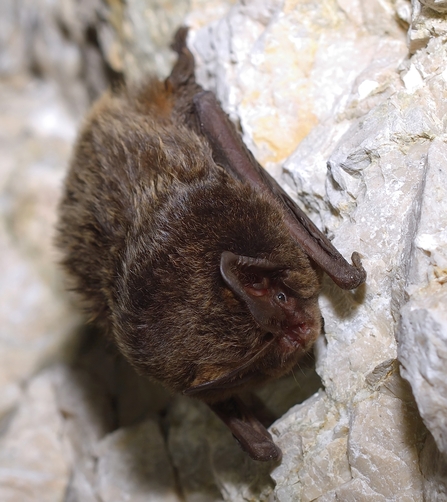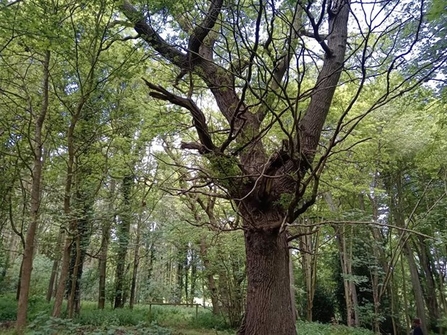In our letter, we request that there be no decision on any further public funding for the road until clear evidence is presented that Norfolk County Council's proposed mitigation would be effective for rare, and legally protected, barbastelle bats.
We have been raising concerns regarding the impact of the Norwich Western Link on the area's wildlife and the landscape for years.
In addition to spelling disaster for a newly discovered super-colony of rare barbastelle bats along the route of the road, we have warned that the development would result in the destruction of a well-connected network of vital wildlife habitats including ancient woods and trees, grasslands, chalk streams and floodplain.
Eliot Lyne, our CEO, said in the letter: "The proposed Norwich Western Link would pass through a very ecologically sensitive area, which includes an internationally important chalk stream and highly protected river valley, as well as mature woodland habitats. The impacts of such a scheme on these sensitive and irreplaceable habitats and their biodiversity cannot be effectively mitigated. Moreover, in our professional view the road scheme is unlikely to get planning permission due to the mounting and detailed long-term scientific evidence that it will irreparably harm the UK's largest population of rare and threatened barbastelle bats.
"We therefore request that there be no decision on any further public funding for this road until clear evidence is presented that Norfolk County Council’s proposed mitigation would be effective for barbastelle bats, to ensure that public money isn't wasted on a project that would never be able to pass planning consent."


